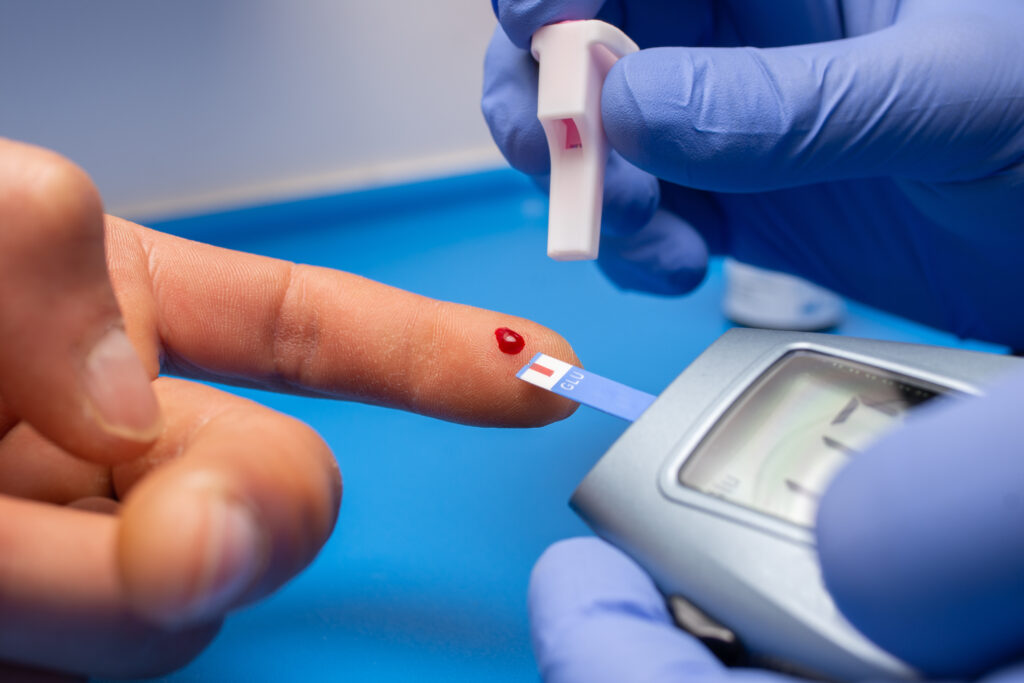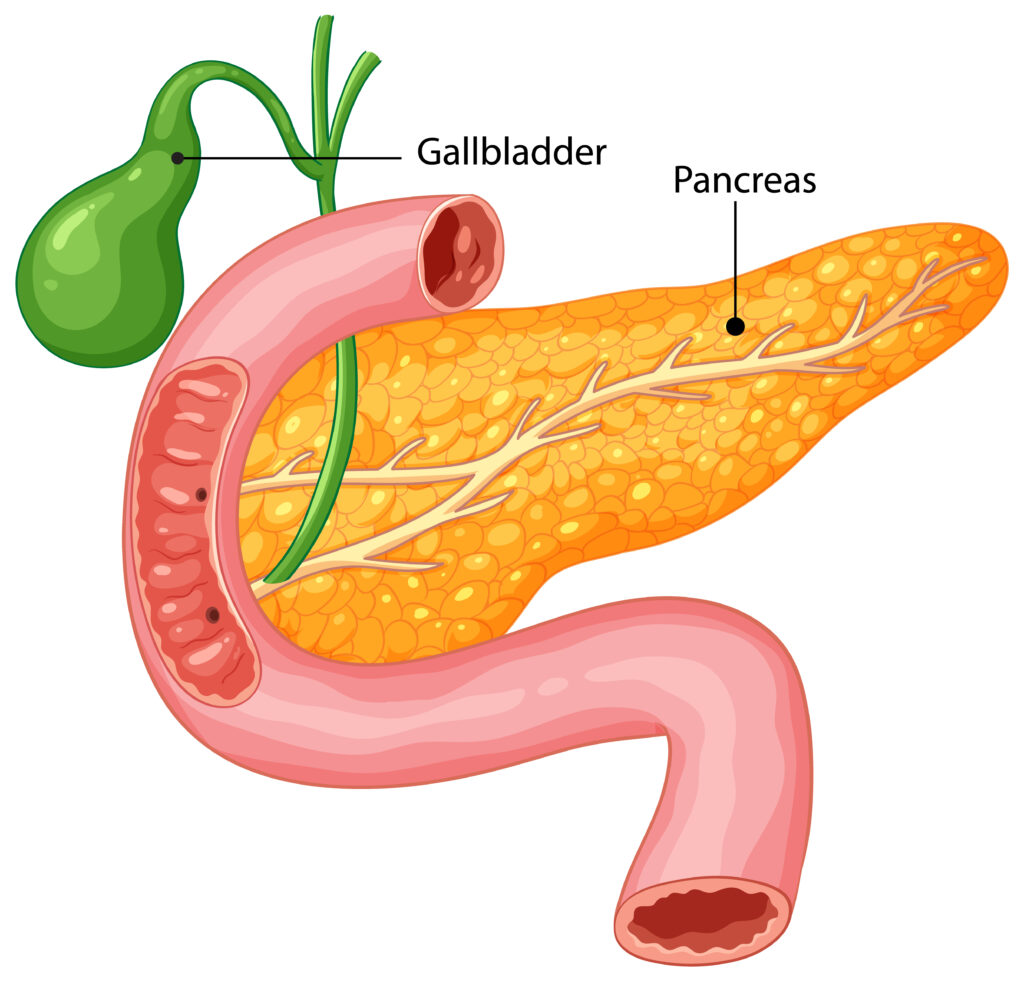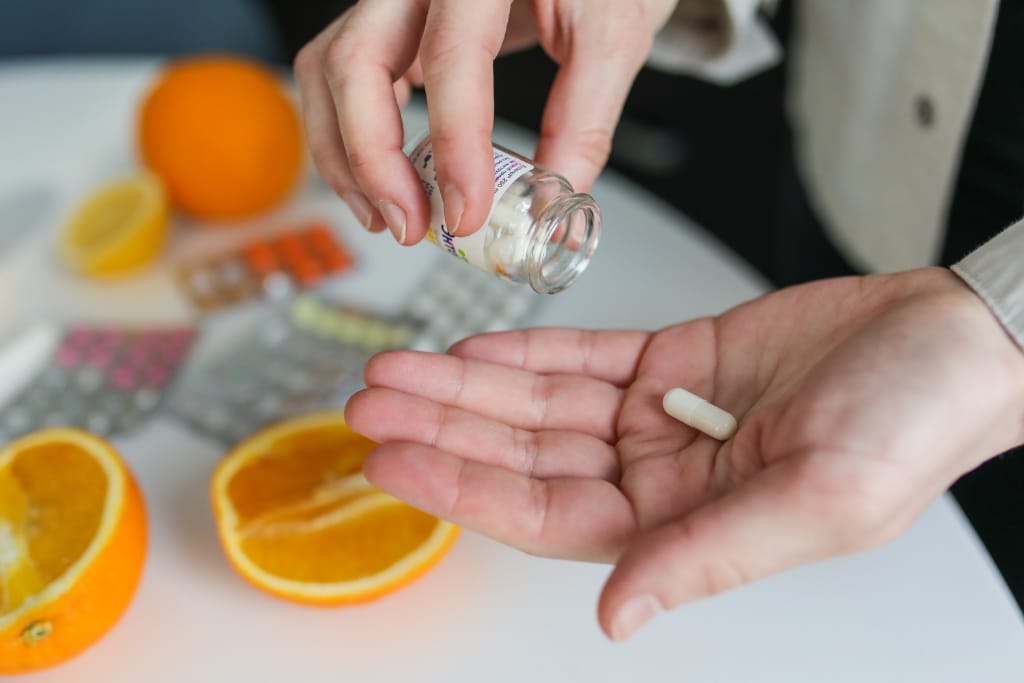Introduction to Diabetes Management:
Diabetes is one of the most common chronic conditions affecting millions of people worldwide. Effective Diabetes Management is crucial to prevent complications, improve quality of life and reduce healthcare costs. Whether you have been newly diagnosed or are caring for a loved one, understanding the early signs, prevention strategies and treatment options is key to living a healthier life.
Understanding Diabetes and Its Early Signs
Diabetes occurs when your body is unable to properly regulate blood sugar (glucose) levels. There are several types but Type 2 diabetes is the most prevalent. Recognizing the early signs can help prevent serious complications
- Frequent urination (especially at night)
- Excessive thirst and hunger
- Unexplained weight loss
- Blurred vision
- Slow-healing wounds
- Tingling or numbness in hands and feet
If you experience these symptoms, consult a healthcare professional immediately to begin a diabetes management plan before complications develop.
The Importance of a Diabetes Management Plan
A structured diabetes management plan is essential to maintain healthy blood sugar levels and avoid complications. This plan typically includes:
- Healthy Eating – Following a balanced diet with controlled carbohydrate intake, high fiber and nutrient-rich foods.
- Regular Exercise – At least 30 minutes of moderate activity, like walking or cycling, five times a week.
- Blood Sugar Monitoring – Using a glucose meter or continuous glucose monitoring devices.
- Medication or Insulin Therapy – As prescribed by a healthcare provider.
- Routine Checkups – Regular visits to doctors, eye specialists and foot care experts.
Effective planning ensures that blood sugar levels remain stable while reducing the risk of long-term complications such as heart disease, kidney damage or nerve damage.
Self-Management Education for Diabetes
Self management education diabetes programs teach patients how to monitor glucose, plan meals, take medications, and recognize warning signs. Education empowers individuals to make daily lifestyle decisions, reducing hospital visits and improving long-term outcomes.
These programs often include nutrition counseling, exercise plans and stress management techniques. Ask your doctor about available programs in your area or online.
The Role of Family in Diabetes Management – A Qualitative Analysis
Family support plays a powerful role in successful diabetes management. Research highlights that when family members are involved, patients are more likely to follow their treatment plans and maintain healthier habits.
- Emotional Support – Encouragement helps patients stay motivated.
- Meal Preparation – Families can plan and cook diabetes-friendly meals together.
- Accountability – Reminders for medication, checkups and exercise routines.
A strong support system fosters consistency, making diabetes management more achievable.
Prevention Strategies for Diabetes
While some risk factors like genetics are unavoidable, lifestyle changes can significantly reduce the risk of developing Type 2 diabetes
- Maintain a healthy weight.
- Limit sugary drinks and processed foods.
- Exercise regularly.
- Get routine blood sugar tests, especially if you have a family history of diabetes.
Treatment Options for Diabetes
Effective diabetes treatment varies depending on the type and severity of the disease.
- Type 1 Diabetes – Requires lifelong insulin therapy.
- Type 2 Diabetes – May be managed with oral medications, lifestyle changes or insulin when needed.
- Gestational Diabetes – Requires careful monitoring during pregnancy and lifestyle modifications.
Doctors may prescribe medications to help the body use insulin more effectively or reduce glucose production.
Natural Ways to Lower Blood Sugar
Many people seek natural ways to lower blood sugar as part of their diabetes management strategy.
- High-Fiber Diet – Whole grains, vegetables, and legumes help stabilize glucose levels.
- Regular Physical Activity – Exercise increases insulin sensitivity.
- Hydration – Drinking plenty of water aids in glucose regulation.
- Cinnamon and Fenugreek: Some studies suggest these may help improve blood sugar levels.

Always consult your doctor before adding supplements or making significant dietary changes.
Diabetic Foot Care and Treatment
Foot complications are among the most serious risks for people with diabetes. Nerve damage and poor circulation can lead to ulcers or infections.
- Daily Inspection – Check for cuts, blisters or swelling.
- Moisturize Carefully – Use diabetic foot care products to prevent dryness and cracking.
- Proper Footwear – Wear comfortable shoes to reduce pressure points.
For those living in Florida, specialized care is available, including diabetic foot ulcer treatment in St. Johns County and diabetic foot ulcer treatment in Palm Coast, where expert podiatrists provide advanced wound care to prevent complications.
Key Takeaways for Effective Diabetes Management
- Create a personalized diabetes management plan with your healthcare provider.
- Participate in self management education diabetes programs to stay informed.
- Engage family members to build a supportive environment.
- Incorporate natural remedies alongside medical treatment for optimal results.
Frequently Asked Questions:
- What are the first signs of diabetes?
Early signs include frequent urination, excessive thirst, fatigue and blurred vision. - Can Type 2 diabetes be reversed?
In some cases, lifestyle changes like weight loss and exercise can put Type 2 diabetes into remission. - What is a diabetes management plan?
It’s a personalized strategy involving diet, exercise, monitoring and medication to maintain healthy blood sugar. - How often should blood sugar be checked?
Your doctor will recommend a schedule but daily monitoring is common for most patients. - Are there natural ways to lower blood sugar?
Yes, a high-fiber diet, regular exercise and adequate hydration can help. - What is self management education diabetes?
It’s a structured program teaching patients how to manage their condition effectively. - Why is family support important in diabetes management?
Family can provide motivation, help with meal planning, and remind patients to stay on track. - How can I prevent diabetic foot ulcers?
Inspect your feet daily, keep them moisturized and wear proper footwear. - Where can I get diabetic foot ulcer treatment in St. Johns County?
Specialized clinics and podiatrists in St. Johns County offer advanced wound care treatments. - What are the best diabetic foot care products?
Moisturizers, antifungal creams and protective footwear are essential for foot health.
Conclusion:
Managing diabetes is a lifelong commitment but with the right diabetes management plan, education, and support, it is possible to live a healthy, fulfilling life. Incorporating natural ways to lower blood sugar, engaging in self management education diabetes and seeking timely diabetic foot ulcer treatment can prevent serious complications. Whether you are in St. Johns County, Palm Coast or anywhere else, early intervention and consistent care remain the foundation of effective diabetes management.



